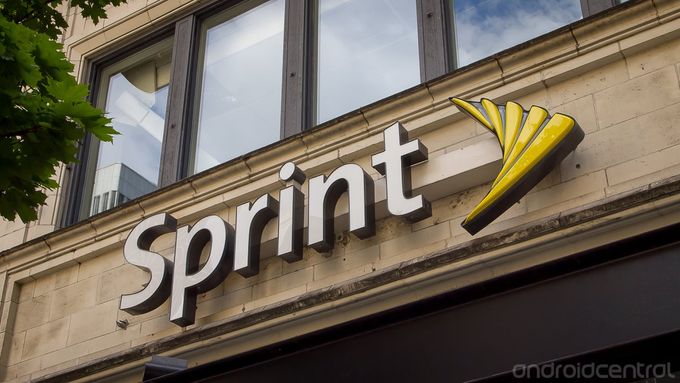
T-Mobile, regulators likely aren’t interested in such a monumental merger
If Sprint has its way, we may be headed towards just three major wireless carriers in the U.S. at some point in 2014. The Wall Street Journal reports today that Sprint is considering a bid to buy the recently-public T-Mobile at a price of about $20 billion, based on its current market cap. The move is reportedly, and not surprisingly, being driven by SoftBank CEO Masayoshi Son, who has indicated that the $21 billion strategic investment in Sprint wasn’t going to be the only big move he made in the U.S.
T-Mobile, on the other side of things, likely isn’t looking to be purchased. Taking the attempted takeover by AT&T in stride and generally rethinking its entirety of operations after buying MetroPCS, the UNcarrier probably isn’t interested in joining up with Sprint — not taking into account structural and technological issues of a merger. And given the way its subscriber numbers are growing as Sprint’s fall, it’s only a matter of time before T-Mobile is the larger of the two entities.
Then there’s the regulatory situation.
The U.S. regulatory authorities have certainly approved their fair share of mergers as of late. AT&T’s purchase of Alltel and Leap Wireless, T-Mobile’s purchase of MetroPCS and of course Sprint’s double merger of consuming Clearwire and being purchased itself by SoftBank have all gone through with little intervention by the authorities. But it’s hard to forget that AT&T’s attempted $39 billion purchase of T-Mobile was pretty swiftly shut down, and while T-Mobile is stronger now than it was at that time and Sprint isn’t the behemoth that AT&T is, the deal is very similar.
 The only thing giving this merger legs is the fact that even a combined Sprint and T-Mobile are smaller by a considerable margin than either AT&T or Verizon, which each have well over 100 million subscribers (70-90 million postpaid). Still, given the Justice Department’s strong opposition to the AT&T purchase of T-Mobile, subscriber numbers are hardly the only angle to look at here. Sprint choosing to go forward with the acquisition process without the initial informal blessing of the Justice Department (to say nothing of Verizon and AT&T’s lobbying powers) could just cause more headaches for the struggling carrier.
The only thing giving this merger legs is the fact that even a combined Sprint and T-Mobile are smaller by a considerable margin than either AT&T or Verizon, which each have well over 100 million subscribers (70-90 million postpaid). Still, given the Justice Department’s strong opposition to the AT&T purchase of T-Mobile, subscriber numbers are hardly the only angle to look at here. Sprint choosing to go forward with the acquisition process without the initial informal blessing of the Justice Department (to say nothing of Verizon and AT&T’s lobbying powers) could just cause more headaches for the struggling carrier.
Whether one buys the other, there’s a strategic partnership or some kind of merger, combining the third and fourth largest carriers in the U.S. doesn’t bode well for consumer-friendly competition in the wireless space. Sure, SoftBank may have the money to splash around and buy T-Mobile, and Deutsche Telekom may have over 60 percent of T-Mobile’s stock and want to sell, but the number of wheels that have to turn for this size of deal to happen will need more oil than that.
Without further information on the structure and reasoning behind such a deal, it’s hard to understand how it can go through with the wireless landscape as it stands in the U.S.
It’s quite easy to argue that even AT&T — which is in a drastically different position than Sprint — took a notable amount of time to rebound from its attempt to buy T-Mobile. Sprint would fare no better after a failed attempt. This potential deal sounds like hopefulness with a dash of desperation on Sprint’s part, and may be yet another waste of time and money that it just doesn’t need to deal with right now.
Source: WSJ